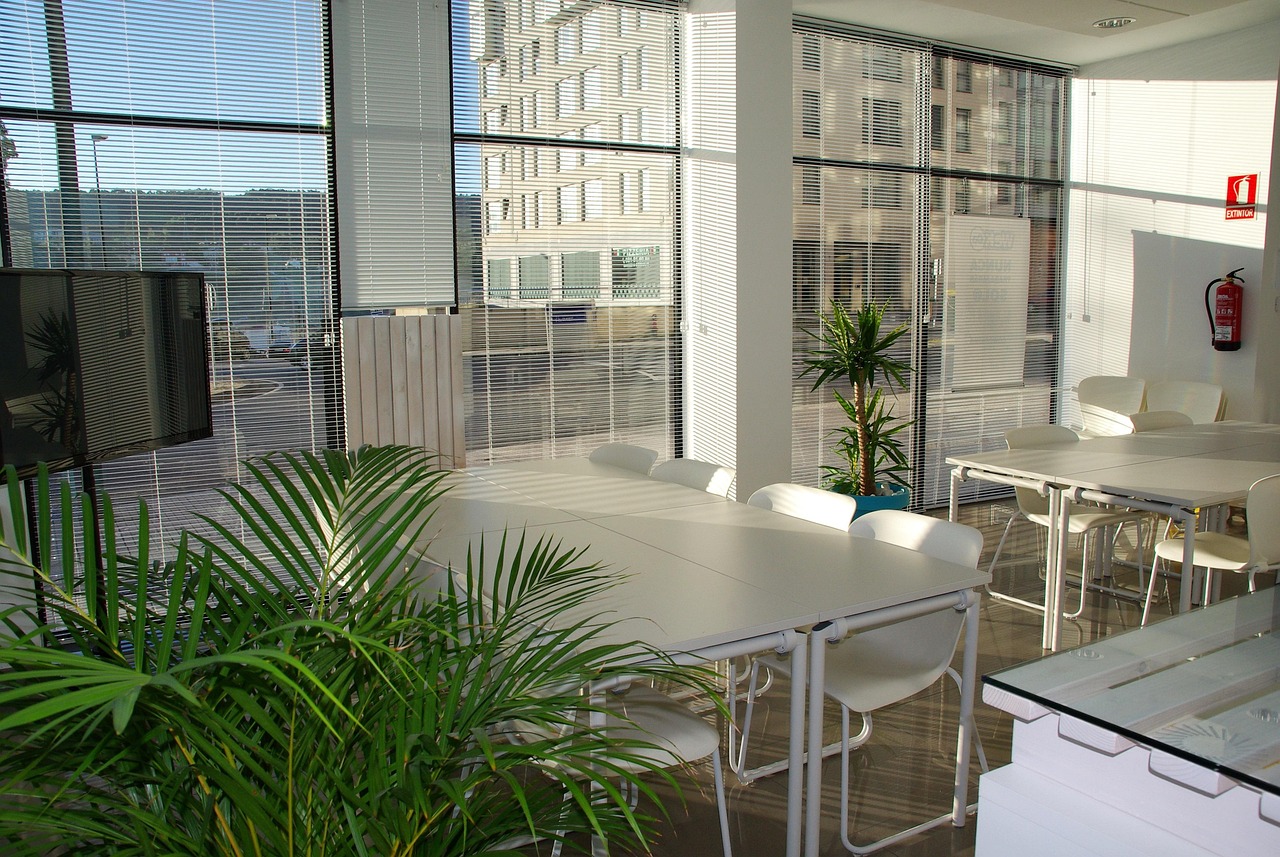Businesses across all industries are experiencing unprecedented demand for flexible office solutions. Companies seeking growth opportunities and operational adaptability increasingly turn to rental properties rather than permanent ownership commitments. Selecting the appropriate office space can significantly impact productivity, employee satisfaction, and overall business success.
The rental market offers diverse options ranging from traditional corporate buildings to modern co-working environments. Understanding key considerations before signing lease agreements helps businesses make informed decisions that support both immediate needs and future expansion plans.
Factors to Consider When Choosing Office Spaces
Location and Accessibility
Strategic location selection affects daily operations and long-term growth potential. Central business districts typically provide better networking opportunities and enhanced company credibility. Proximity to major transport links reduces commute stress for employees whilst improving client accessibility.
Parking availability becomes crucial in areas with limited public transport options. Properties near train stations, bus routes, or major motorways offer greater convenience for both staff and visitors. Consider future infrastructure developments that might impact accessibility or property values.
Size and Layout
Current staffing requirements provide the baseline for space calculations, but anticipating growth prevents costly relocations. Allow approximately 150-200 square feet per employee for traditional office layouts, though open-plan designs may require less space per person.
Different layout styles serve various business functions. Open-plan offices promote collaboration and communication but may increase noise levels. Private offices offer concentration benefits for roles requiring focused work. Mixed layouts combining both approaches often provide the most versatility for growing teams.
Amenities and Services
High-speed internet infrastructure remains non-negotiable for most modern businesses. Conference facilities, kitchen areas, and adequate storage space support daily operations. Reception services create professional first impressions whilst reducing administrative burdens on core staff.
Additional services such as IT support, cleaning, and maintenance can justify higher rental costs through reduced operational complexity. Security features including access control systems and surveillance provide peace of mind for both employees and valuable equipment.
Cost and Lease Terms
Rental expenses extend beyond monthly payments to include utilities, maintenance fees, and potential service charges. Understanding total occupancy costs helps establish realistic budgets and prevents unexpected financial strain.
Lease duration affects both flexibility and pricing structures. Shorter terms provide adaptability but often command premium rates. Longer commitments typically secure better rates but limit future flexibility. Renewal options protect against unexpected relocations whilst break clauses offer exit strategies if circumstances change.
Benefits of Renting an Office Space
Flexibility and Scalability
Rental agreements accommodate business fluctuations more effectively than property ownership. Companies can relocate to larger premises during growth phases or downsize during economic uncertainties. This adaptability proves particularly valuable for startups and seasonal businesses experiencing variable staffing needs.
Most commercial leases include provisions for space modifications, allowing businesses to adapt layouts as requirements evolve. Flexible lease terms support strategic planning without imposing long-term property commitments that might hinder future opportunities.
Cost-Effectiveness
Renting eliminates substantial upfront investments required for property purchases. Capital previously allocated to deposits, legal fees, and renovation costs can instead support business development activities. This financial flexibility proves especially beneficial for emerging companies with limited initial resources.
Ongoing maintenance responsibilities typically fall to property owners rather than tenants. This arrangement reduces unexpected repair costs and administrative overhead whilst providing access to professional property management services.
Professional Image
Established business addresses enhance credibility with clients, suppliers, and potential partners. Professional reception areas and well-maintained facilities create positive first impressions that support business development efforts.
Quality office environments also improve employee satisfaction and retention rates. Comfortable working conditions demonstrate company commitment to staff welfare whilst potentially attracting higher-calibre candidates during recruitment processes.
Making Your Office Space Decision
Choosing appropriate office spaces to rent requires careful evaluation of both immediate needs and future aspirations. Location, layout, amenities, and costs must align with business objectives whilst providing sufficient flexibility for growth.
The rental market offers solutions for businesses at every stage of development. Take time to visit multiple properties, negotiate favourable terms, and consider how each option supports your company’s long-term success. The right office space becomes a foundation for achievement rather than simply a place to work.
